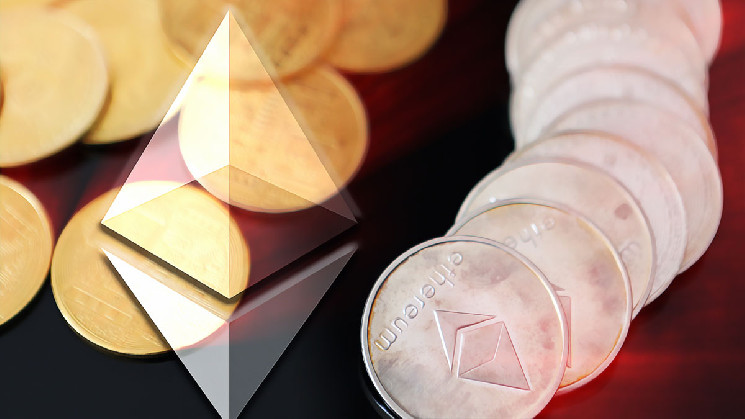Despite a downturn in the $NFT market since its zenith two years ago, Magic Eden has sustained its growth trajectory. CEO Jack Lu predicts that 2024 will be a landmark year for the company. Entering the market in September 2021, when NFTs reached a $4.2 billion trading volume, Magic Eden initially focused on Solana NFTs.
How Does a Multi-Chain Strategy Benefit?
As the $NFT landscape stabilizes, Magic Eden has embraced a multi-chain strategy. Now in its third operational year, the platform supports digital collectibles across Bitcoin, Ethereum, Polygon, and Base networks. Jack Lu highlighted that $NFT enthusiasts value content and ease of use, prompting users to gravitate towards platforms that offer comprehensive digital asset solutions.
What Enhances Market Share?
Even as $NFT trading volumes fell to $373 million last month, Magic Eden captured 70% of the market’s revenue. Lu attributes this remarkable success to their multi-chain offerings. This strategic expansion echoes moves by rivals like OpenSea and Blur, which have also broadened their sector coverage.
Key Takeaways
– Magic Eden’s multi-chain strategy is pivotal in sustaining market share.
– Bitcoin-based collections and Runes have expanded Magic Eden’s reach.
– The $NFT platform adapts quickly to shifting crypto trends.
– A cross-chain digital wallet aims to capture a wider crypto audience.
Interest in Bitcoin-driven collections has prompted Magic Eden to enter the Ordinals market. The company has further cemented its presence in the Bitcoin sphere by supporting Runes, fungible tokens akin to Ethereum’s ERC-20s. Although Runes experienced increased activity in August, interest has waned since. CEO Lu emphasized that crypto trends are fickle, analogizing recent meme coin excitement to earlier phases. By launching a digital wallet that supports cross-chain exchanges, Magic Eden seeks to capture a broader crypto audience, aligning with Lu’s long-term vision of developing exceptional products amid fluctuating markets.
